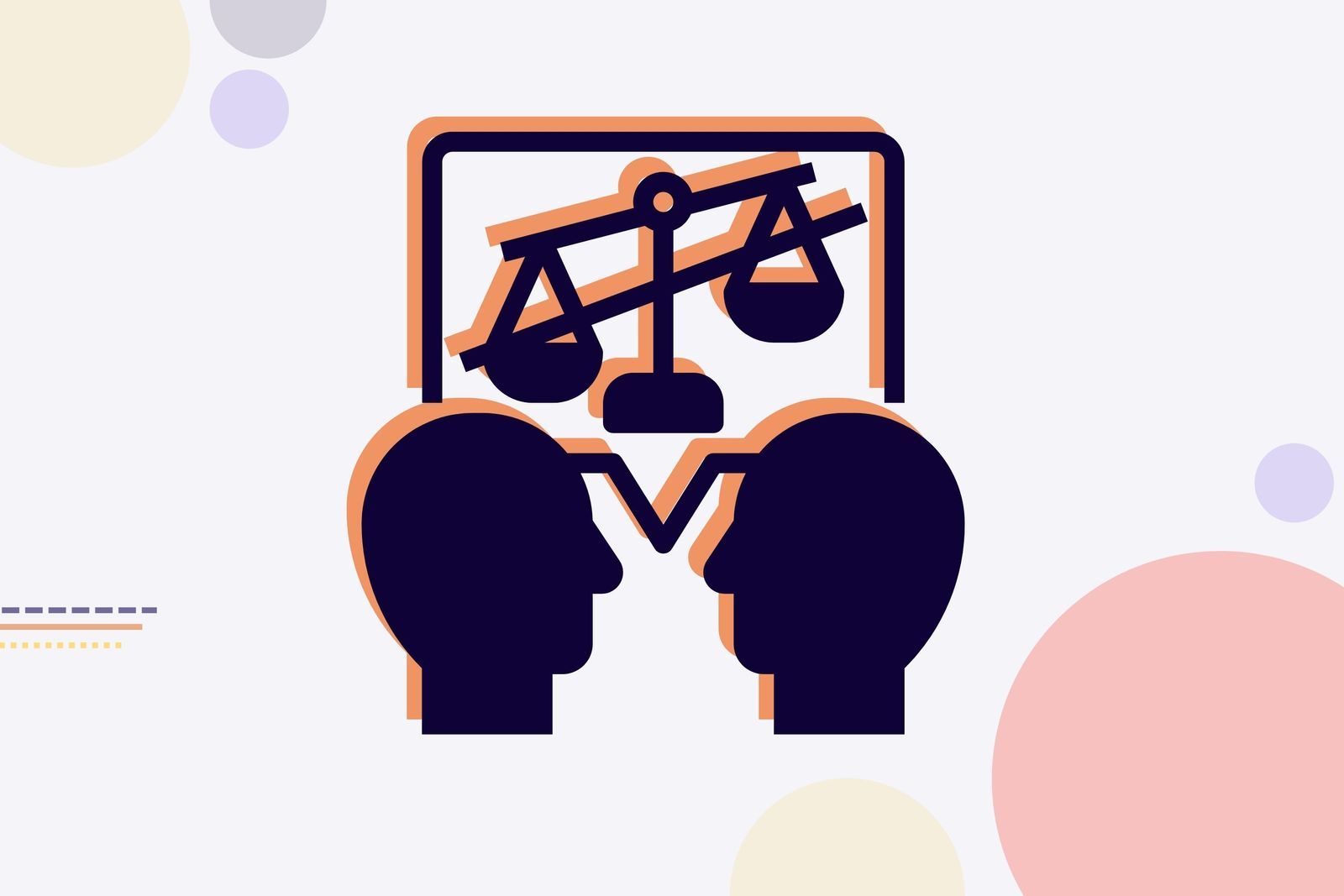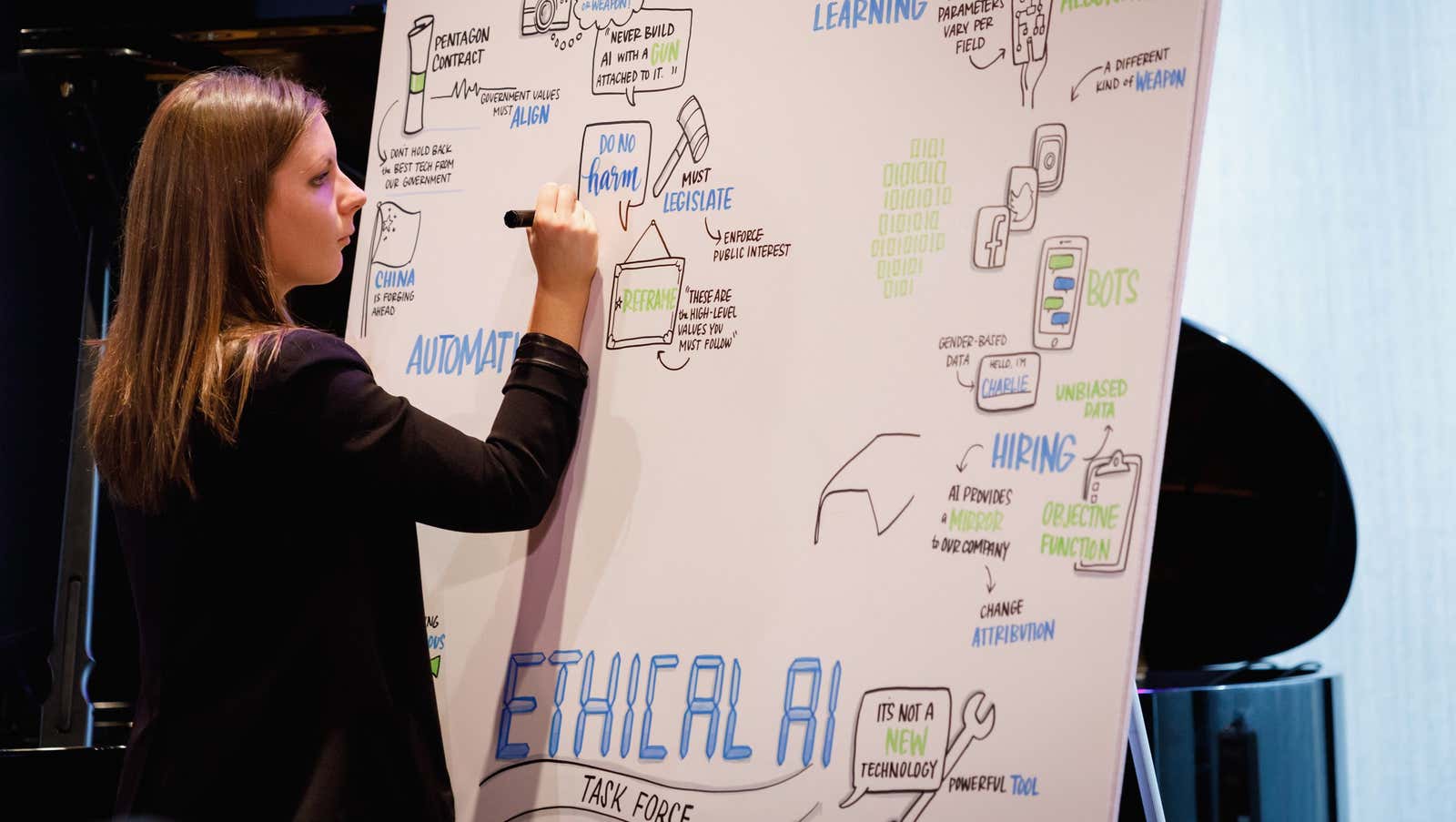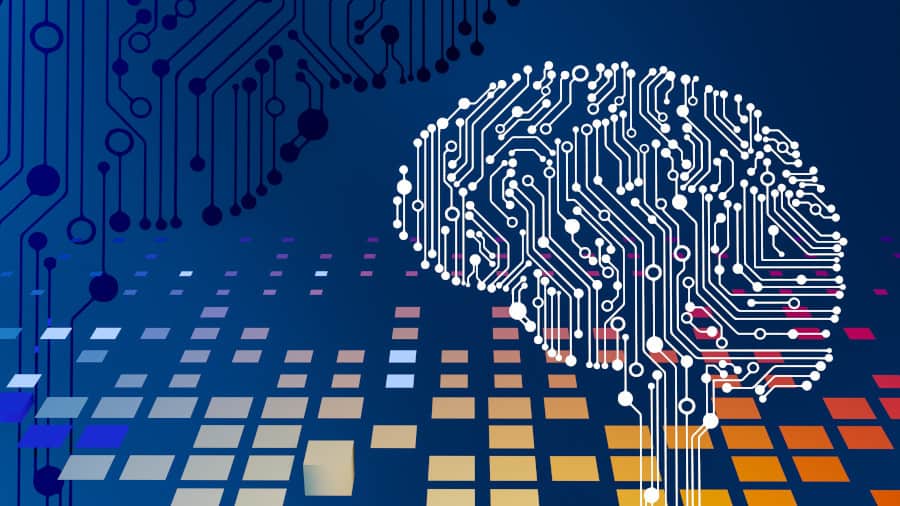Artificial intelligence is one of the most significant technological developments in recent years. So much so that businesses are frantically trying to incorporate it into their operations. But with all that hype, there is also the concern that people will use it incorrectly. Let’s explore ethical AI use and how to enforce it with Virtua Solutions Outsourcing.
Grasping The Challenges For Ethical AI Use
Considering how complex the field of artificial intelligence is, it is no wonder that it comes face to face with various challenges. Beyond the technical ones, ethical challenges have a significant impact, as these can influence how artificial intelligence will be used. Here are the biggest ones that the field faces.
Transparency And Accountability
That is the foremost challenge that artificial intelligence developers and users face. It has to do with how these systems work. Most AI tools operate within the concept of a “black box”. That is, they have very little interpretability about arriving at certain decisions.

Because of this, it can often be hard to attribute some results to the actions of the people behind the AI. That creates problems in fields such as health care, where such accountability is crucial for the decision-making process. As such, developers need to create a more transparent model to help AI users.
Bias And Discrimination
As it is, any artificial intelligence tool will only be as good as the data it trained on. Thus, any biases that data has will reflect on the results the tool generates. And as it turns out, this issue can have more significant ramifications than just skewing the results.

The biggest issue of concern here is how that bias can fuel discrimination. Any historical data that contains biases that skew towards a particular group of people can eventually become ingrained in the tool itself. Because they are unaware of these biases, people using the AI might consider the r results valid, perpetuating the implied discrimination. That can be a significant problem in applications with a social element, such as screening job applicants or facial identification of criminals.
Misinformation
While misinformation has been a prevalent social concern for centuries, it has become more prominent recently. That is mainly due to the Internet becoming a prolific tool for spreading false info. Now, the rise of artificial intelligence has made the problem even more challenging.

As generative AI tools become more powerful, they can create results indistinguishable from legitimate sources. In the wrong hands, this becomes a potent weapon to manipulate public perception and action.
Job Displacement
This issue is arguably the most significant concern many had with AI’s entry into various fields. With these tools’ efficiency and speed, companies see them as a cost-effective tool. However, that also means they create competition with human workers who do the same tasks. Because of that, workers are concerned that they might eventually be put out of their jobs.
Privacy And Security
As these various AI tools use real-world data, privacy concerns become significant. That is especially the case with tools that sift through personal data. The main issue is that these tools might have gathered such data without the owners’ consent. There is also the matter of how such data will be used and stored, which can compromise owners.
Ensuring Ethical AI Use
Ensuring ethical AI use requires a significant effort from all the people involved, including developers, companies, and end users. Your contribution to that effort will depend on which stakeholder group you belong to. Nevertheless, there are several crucial things to consider.
Put People First
One of the first things to remember is that artificial intelligence is a tool to support human users, not replace them. As such, they would always be the priority when developing and implementing such tools.

For such, you need to have a clear idea of the overall human impact of your would-be tool. Weigh both the positive and negative effects. You will also need to anticipate potential issues that might arise. Ask users what these might be from their perspective and use what you have learned to adapt the tool.
It is also essential that human rights are at the forefront of your AI development efforts. Use it as a guide to define the scope and limitations of the AI’s capabilities. These will also govern how people will use your tools and for what applications.
Ensure Diversity And Inclusion For Ethical AI Use
You also have to ensure that the data you use for training the AI truly represents the group your AI tool will cater to. For instance, you should ensure that you have data from the different subgroups that comprise the main group. However, you will also need to review that data for hidden biases.
Virtua Solutions can help you here, as we can provide both data gatherers and reviewers. That lets you better collect all the relevant data. Our agents are impartial and detail-oriented in our review work.
Enter AI Ethicists
One person that you want to be part of your team at this point is the AI ethicist. As their name implies, their role is to ensure that the AI development project is within ethical guidelines. While we mentioned that it is the entire team’s responsibility, the AI ethicist is in a special position to spearhead the effort.

As such, you want someone with the expertise for the job. That is a specific role that we can also help you with. Our agents continuously study the artificial intelligence landscape to determine the issues. They will also help you coordinate with various groups who have a say in your tool’s ethical performance.
Do MORE By Ensuring Ethical AI Use
The matter of ethical AI use is an ever-changing field. As new technologies develop, you should be ready to weigh how they will impact the lives of not just users but also others. And you should be prepared to harness these tools more responsibly. We are ready to help you with the effort. Contact us today to learn more.
